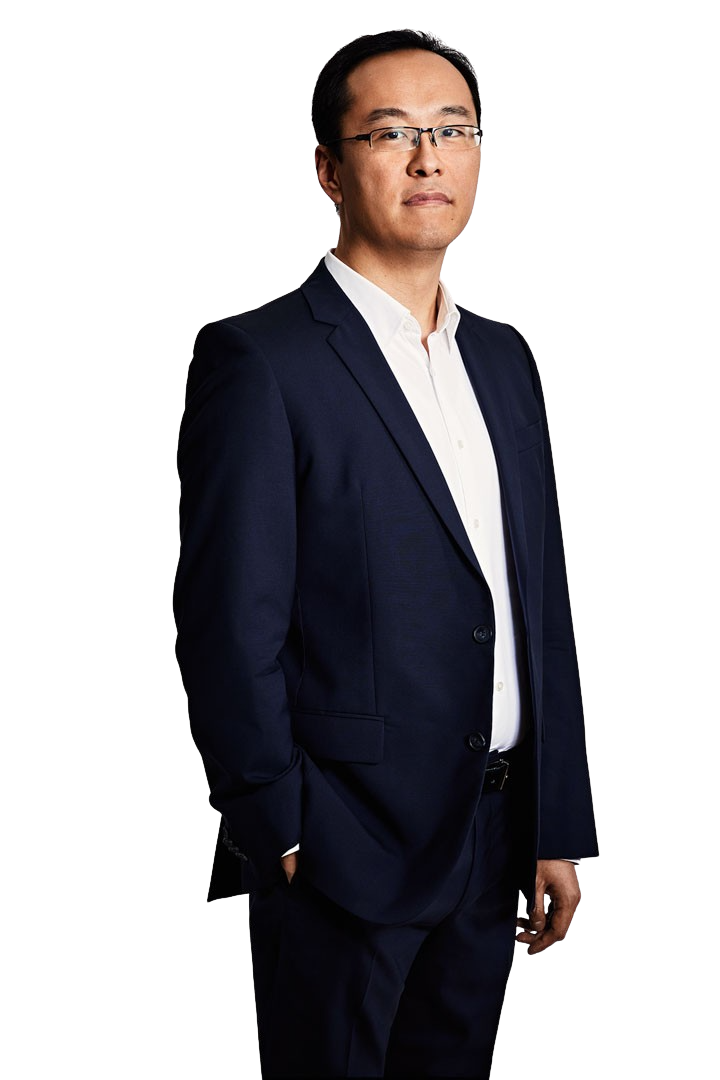n recent weeks, the Chinese OEM NIO has been in the news for entering Europe’s EV market via Norway. Eventually, NIO aims to repeat its success in China by expanding into major European automotive countries, including Germany, France, and the UK.
The frequent mistake made by Chinese OEMs is to assume that success at home is replicable abroad. Thus, they take their existing EV portfolio, digital ecosystem and sales model and simply transplant them to Europe, on the basis that what works well in China will work equally well in Germany or other European automotive markets. For example, Chinese OEMs try to completely bypass Europe’s traditional wholesale retail system and use the agent model instead.
Chinese OEMs face other obstacles in Europe. So far, the limited brand recognition achieved by Chinese vehicles has generally been unfavorable, due to safety concerns. Many European customers remember Landwind, the Chinese-built SUV that failed a crash test conducted by the national automobile club ADAC in 2005, causing lasting damage to the image of Chinese cars in Germany.
In early 2021, ADAC conducted another crash test on the Chinese electric car Suda SA01 which is being sold in Germany at a dumping price. The Suda SA01 failed the test with “glaring safety deficiencies”: no airbag, no Electronic Stability Program (ESP), no emergency brake or lane-keeper assistant, and no seatbelt tensioner.
An additional handicap for Chinese OEMs is that European consumers are generally loyal towards traditional brands with persuasive marketing stories, and already have plenty of choice. The lesson here is that OEMs cannot just depend on the quality of the product to generate sales. Nor can they simply rely on dealership groups to do their marketing or to formulate the customer experience.
Willy Lu Wang (1981) joined Berylls Strategy Advisors in 2017. He started his career participating in the graduate program of Audi focusing on production planning. After stations at another strategy consultancy as well as being the strategy director for a German Tier-1 supplier, he is now responsible for the China business at Berylls.
He has a broad consulting focus working for all clients in China, whether they are JVs, WOFEs or pure local players. He is also responsible for the development of AI and Big Data products dedicated towards the Chinese market further strengthening the Berylls End-to-End strategy and product development capabilities.
Wang studied Electronics & Information Technology with focus on Systems and Software Engineering and Control Theory at Karlsruhe Institute of Technology.
